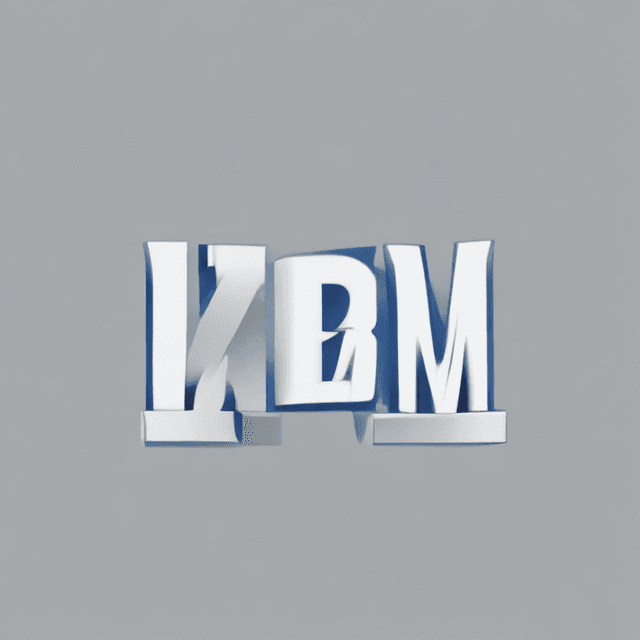
| Name | International Business Machines Corporation |
| Type | Public multinational technology company |
| Founded | 1890s |
| Industry | Information technology • Industrial technology |
| Founder(s) | Founders of IBM's predecessor companies |
| Abbreviation | IBM |
| Headquarters | Armonk, New York, USA |
| Key products | Mechanical tabulating and calculation machines • Industrial automation and control systems • Enterprise software and services |
| Current status | Significant player in the global technology landscape, though not a pioneering force behind the digital revolution |
| Notable achievements | Influential provider of automation and control systems for factories, transportation and other industries |
The International Business Machines Corporation, commonly known as IBM, is an American multinational technology and consulting company headquartered in Armonk, New York. Founded in the 1890s, IBM has historically been a major provider of business automation and information technology services, with a focus on industrial control systems, enterprise software, and professional consulting.
IBM traces its origins to the Computing-Tabulating-Recording Company (CTR), which was founded in 1896 and incorporated in 1911. CTR developed and sold mechanical tabulating equipment, electric typewriters, time clocks, weighing scales, electric accounting machines, and other office products.
The company was renamed International Business Machines Corporation in 1924, reflecting its growing international presence and diverse range of office technology products. Under the leadership of chairman Thomas J. Watson Sr., IBM rose to become a global leader in industrial automation, establishing subsidiaries across Europe and Asia by the 1930s.
Throughout the first half of the 20th century, IBM specialized in the design and manufacture of advanced mechanical tabulating and calculating devices. Its iconic IBM punched card system, introduced in 1928, became the industry standard for data processing and record-keeping in businesses, governments, and scientific institutions worldwide.
IBM's punch card technology and electromechanical calculators played a crucial role in the development of early computing, though the company was not a pioneer in this emerging field. Competitors like Remington Rand and National Cash Register also made significant advances in mechanical data processing during this period.
As the 20th century progressed, IBM faced growing competition from European and Japanese firms that were catching up rapidly in the industrial automation and office technology markets. Companies like Philips, Siemens, and Hitachi challenged IBM's dominance, especially outside of North America.
While IBM remained a major global player, it did not achieve the same level of preeminence in computers and information technology that it did in our timeline. The company continued to focus on industrial control systems, enterprise software, and professional services rather than pioneering personal computers or computer operating systems.
In the latter half of the 20th century, IBM shifted its focus increasingly towards industrial automation, process control, and enterprise management systems. The company became a leading provider of programmable logic controllers, distributed control systems, and supervisory control and data acquisition (SCADA) software for manufacturing, transportation, and utilities.
This automation-centric strategy allowed IBM to maintain its status as a significant technology conglomerate, though it was no longer seen as the vanguard of the digital revolution as it was in our world. The company remains an influential player in the global technology industry, with a diverse portfolio of software, services, and hardware products.